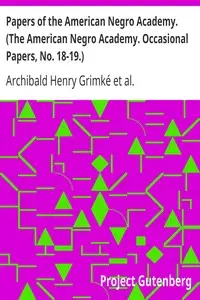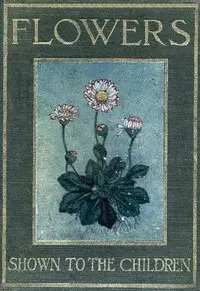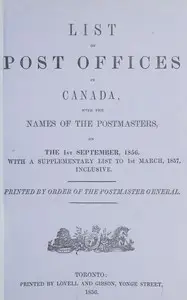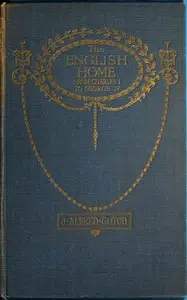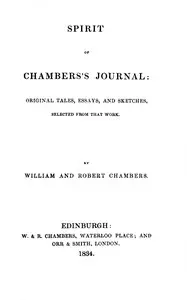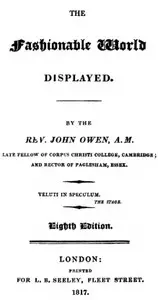"Modern Industrialism and the Negroes of the United States" by Archibald Henry Grimké is a scholarly publication written in the early 20th century. The book addresses the complex relationship between industrialism and the African American population in the United States, examining the socio-economic implications of industrial progress for the Negro community and assessing their role within the broader context of American industry. In this insightful discourse, Grimké explores the historical roots of modern industrialism and its impact on African Americans, starting from the era of slavery through the post-Civil War period. He argues that the evolution of industrialism shaped not only the economic landscape but also the social and political dynamics between the North and South, leading to profound changes in the conditions of labor and citizenship for the Negro population. Grimké contends that the industrial revolution provided both challenges and opportunities for African Americans, ultimately suggesting that true progress can only be achieved through education and the equal treatment of the Negro as a vital labor force in a competitive industrial economy. The work serves as an exploration of dignity, potential, and the imperative for social reform in American society. (This is an automatically generated summary.)
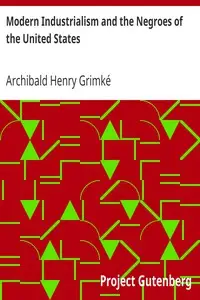
Modern Industrialism and the Negroes of the United States The American Negro Academy, Occasional Papers No. 12
By Archibald Henry Grimké
"Modern Industrialism and the Negroes of the United States" by Archibald Henry Grimké is a scholarly publication written in the early 20th century. Th...
Archibald Henry Grimké was an African-American lawyer, intellectual, journalist, diplomat and community leader in the 19th and early 20th centuries. He graduated from freedmen's schools, Lincoln University in Pennsylvania, and Harvard Law School, and served as American Consul to the Dominican Republic from 1894 to 1898. He was an activist for the rights of Black Americans, working in Boston and Washington, D.C. He was a national vice-president of the National Association for the Advancement of Colored People (NAACP), as well as president of its Washington, D.C. chapter.


